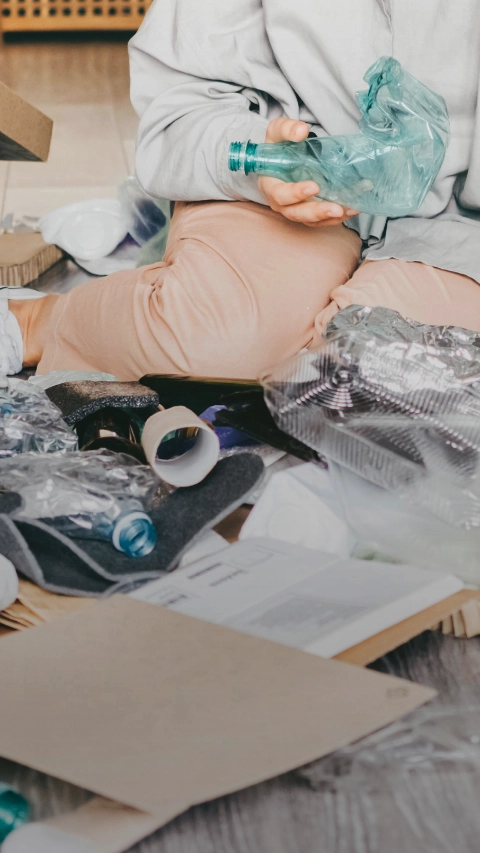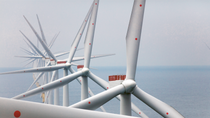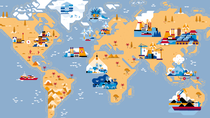Magazine
Wenn Abfall wegfällt
We have become all too familiar with growing mountains of waste across the globe, from overflowing landfills to plastics in our oceans. How can thinking of waste as a valuable resource inspire innovative ways to manage it effectively?
According to the United Nations, our global material footprint – the total amount of raw materials extracted from nature to meet human consumption demands – has increased by 70 percent since the year 2000. And the rate of extraction is accelerating, growing faster than population growth and economic output.
We are not using these resources effectively enough. Increasing food waste, throwaway fashion, the obsolescence of electronics and the burning of fossil fuels are symptoms of economies that do not recognize the value in end-of-life materials. This leads to the depletion of non-renewable resources and contributes to increased carbon emissions, climate change, environmental degradation and loss of biodiversity.
To work out how to tackle this problem, we talked to a range of experts who challenge us to rethink the very idea of waste and how we approach it, identifying system failures and developing new ways to capture its value.









